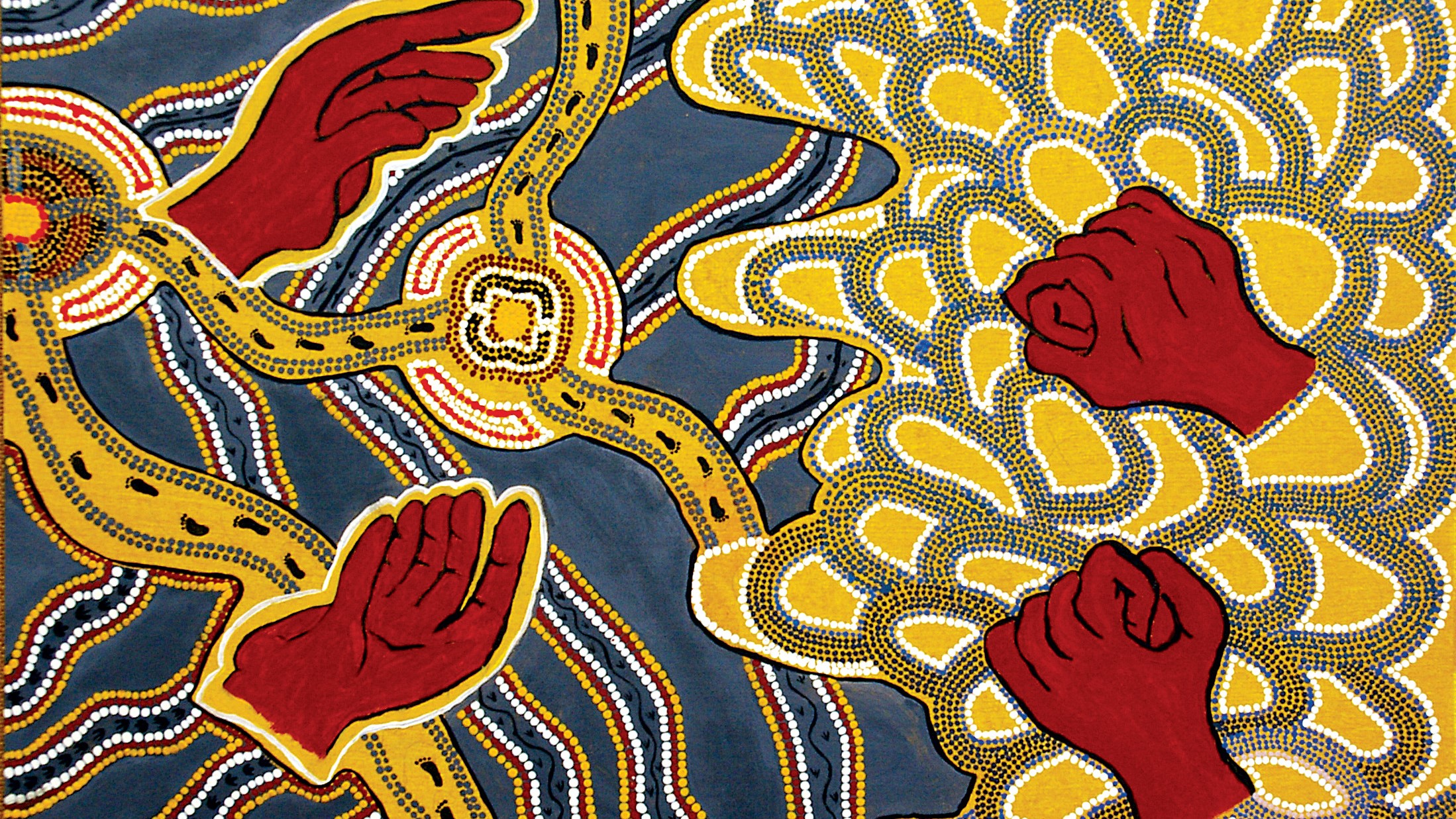
2022 Seminars
Loading...
Presentation Type
Presentation
Location
The University of Notre Dame Australia, Broome Campus
NDB11/L13
Recording now available to view
Start Date
27-4-2022 12:30 PM
End Date
27-4-2022 1:30 PM
Description
In this extraordinary time of multiple, intersecting crises with compounded costs in social, economic, and environmental degradation, calls for transformative change are emerging from all levels – local to global. Ways people living in regional and remote areas of Australia can apply a global Christian agenda that pursues spiritual and ecological changes within their lives, their parishes and local community, are explored in this paper. Consideration is grounded within Pope Francis’ encyclical (teaching letter) Laudato Si’: On Care for Our Common Home. This socio-ecological treatise highlights the damage people are causing to the fabric of the planet, as well as recognising the extent of profound poverty globally, and how these impact humanities’ potential. To apply this awareness community development theory and practice is adopted, acknowledging community as the ‘home’ of regional people, parishes, and their broader ecosystem. The main body of this paper explores and applies practical theology as a relevant process that supports the advancement of creation-centred pathways for parishes embarking on their ecological conversion journey, based on Laudato Si’. Case studies provided depict local people moving collectively from theory to practical application. The case studies, positioned in Broome in Western Australia, demonstrate where successful past ventures establish exemplars for future endeavours, before moving on to current active projects. Outcomes generated from these studies are in harmony with those expressed in Laudato Si’. This approach encourages parishes to review their historical and current activities to establish the groundwork to move forward, undertaking actions leading to a more ecologically sound future.
Recommended Citation
Jennings, Anne, "How does the Pope’s teaching in Laudato Si’: On Care for Our Common Home relate to past activities, ones currently being undertaken; and actions practice we could adopt to build on for a better future?" (2022). Talking Heads Seminar Series. 2.
https://researchonline.nd.edu.au/nulungu_talkingheads/2022/schedule/2
How does the Pope’s teaching in Laudato Si’: On Care for Our Common Home relate to past activities, ones currently being undertaken; and actions practice we could adopt to build on for a better future?
The University of Notre Dame Australia, Broome Campus
NDB11/L13
Recording now available to view
In this extraordinary time of multiple, intersecting crises with compounded costs in social, economic, and environmental degradation, calls for transformative change are emerging from all levels – local to global. Ways people living in regional and remote areas of Australia can apply a global Christian agenda that pursues spiritual and ecological changes within their lives, their parishes and local community, are explored in this paper. Consideration is grounded within Pope Francis’ encyclical (teaching letter) Laudato Si’: On Care for Our Common Home. This socio-ecological treatise highlights the damage people are causing to the fabric of the planet, as well as recognising the extent of profound poverty globally, and how these impact humanities’ potential. To apply this awareness community development theory and practice is adopted, acknowledging community as the ‘home’ of regional people, parishes, and their broader ecosystem. The main body of this paper explores and applies practical theology as a relevant process that supports the advancement of creation-centred pathways for parishes embarking on their ecological conversion journey, based on Laudato Si’. Case studies provided depict local people moving collectively from theory to practical application. The case studies, positioned in Broome in Western Australia, demonstrate where successful past ventures establish exemplars for future endeavours, before moving on to current active projects. Outcomes generated from these studies are in harmony with those expressed in Laudato Si’. This approach encourages parishes to review their historical and current activities to establish the groundwork to move forward, undertaking actions leading to a more ecologically sound future.




